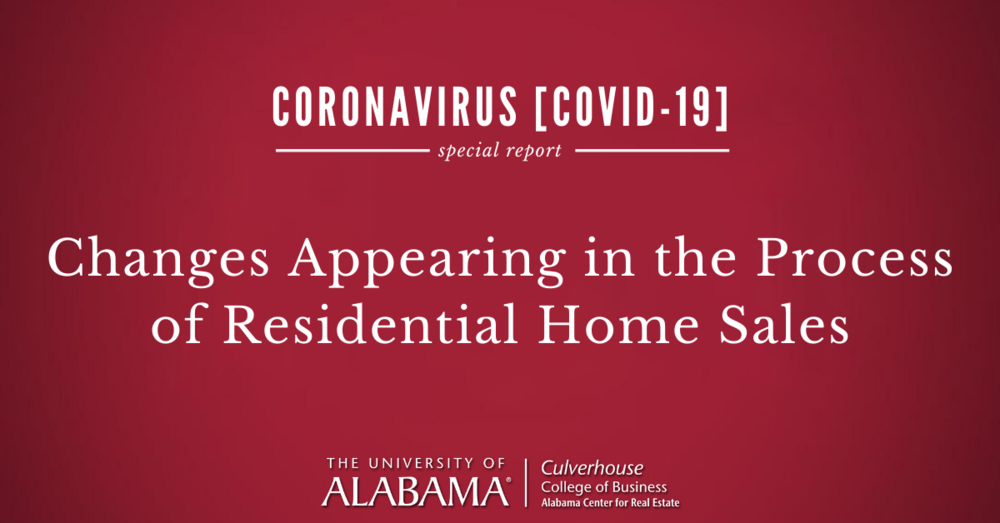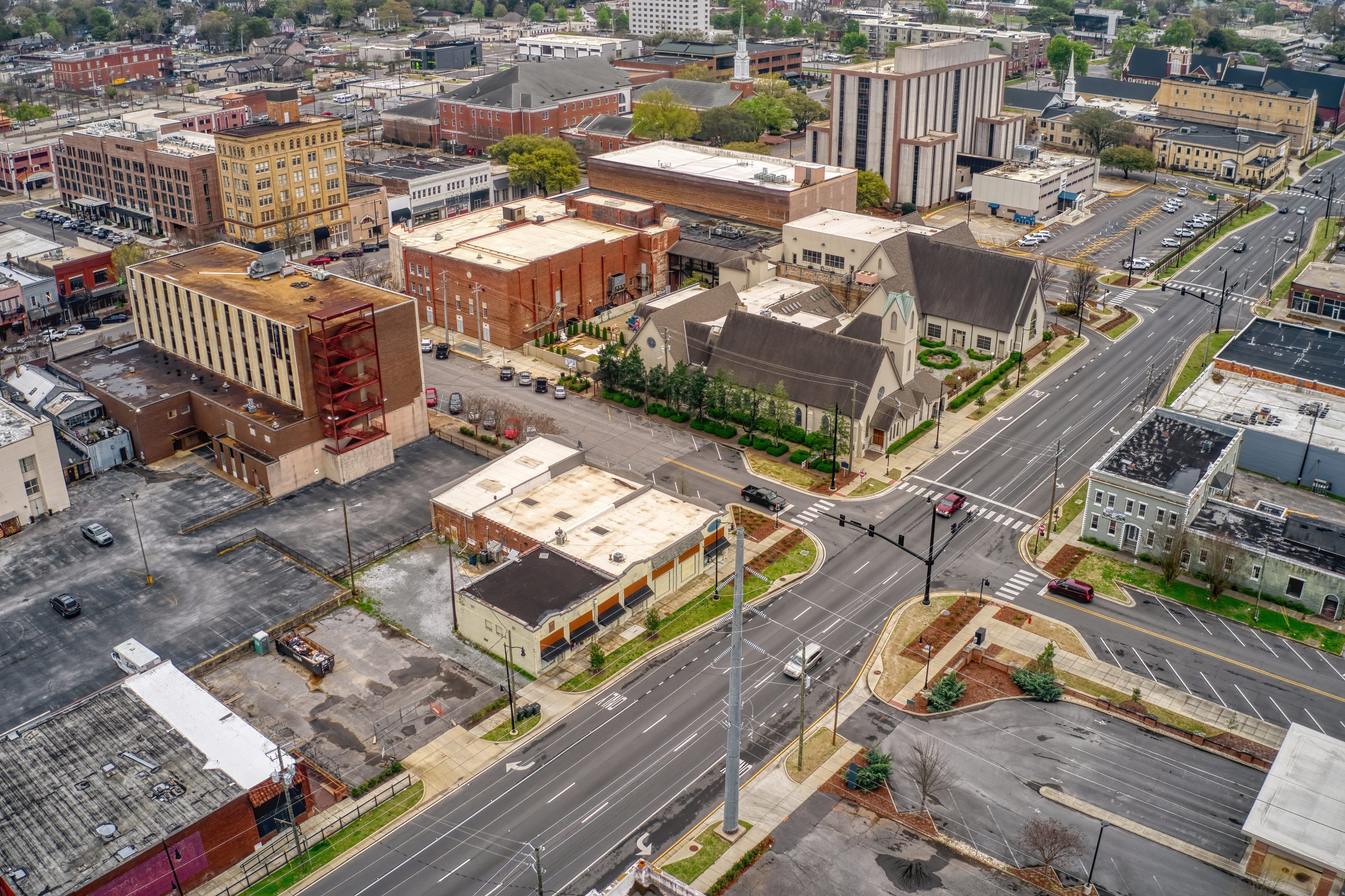The impact of COVID-19 pandemic continues to unfold. We learn a little more with each week, but there is still much uncertainty as the quarantine continues indefinitely with vast economic consequences.
One aspect of change for residential markets in the coronavirus era is the relative appeal of vacant versus occupied houses. Historically, vacant houses were at somewhat of a disadvantage because they typically do not show as well to home buyers versus a furnished and decorated occupied home. One big change of the last month, however, is many buyers now prefer to see a vacant house versus an occupied one because of health concerns. This gives vacant properties somewhat of a rare advantage in today’s market.
According to a real estate professional in the Birmingham areas, younger buyers are generally more willing to view an occupied home than older buyers. They are also more likely to have a situation, such as a growing family, that makes a move more of a “need” than a “want.” Older buyers, on the other hand, are less likely to “need” a move and many are choosing to stay in place for the time being. Additionally, many of the recent sales in Birmingham’s suburbs have been in the $500,000 and below price range, another indicator that younger buyers are still in the market, despite the overall economic climate. The real estate professional also commented that “the pent-up buyers (people who have been searching for the right house for some time now) will still go out and look (vacant or occupied) if the house they’ve been waiting on happens to hit the market.”
On the finance side, mortgage lenders have reacted to growing economic uncertainty by requiring higher down payments and raising minimum credit score requirements. Lenders are also doing more due diligence to confirm the employment status of applicants given the sharp rise in jobless claims (almost 17 million workers have filed jobless claims over the last two weeks). One big fear for lenders is that high unemployment numbers will result in higher levels of mortgage defaults and late payments in the months ahead.
Appraisers are also adapting to the pandemic by wearing PPE (personal protective equipment), requesting that doors be left open, etc. to minimize contact as much as possible. Below is a list of some but not all of the guidelines released by the Appraisal Institute in response to the COVID-19 pandemic.
- “Appraisers should take care not to put themselves in harm’s way while completing their assignments. Appraisers are advised to consult with their medical practitioners if they have concerns about exposure to the virus, and they should decline assignments if they feel their own health would be put at risk.
- “An important part of any appraisal assignment is analysis of market conditions. The coronavirus threat may be impacting market conditions. However, in most markets it is not yet clear to what extent, if any, market conditions are affected. Related, complicating factors include fluctuations in the stock market and changes in mortgage interest rates.
- “Market analysis includes observing market reactions. This analysis becomes more complicated when market participants themselves are facing uncertainty.
- “Appraisal reports should include a discussion of market conditions, and so mention the Coronavirus outbreak and its possible impact. However, it is not appropriate to include a disclaimer or extraordinary assumption that suggests the appraiser is not taking responsibility for analysis of market conditions.
Regarding the impact to Alabama’s residential markets, March 2020 sales data will be released later in the week. All things considered, March numbers are looking relatively strong thus far but the big wildcard is April sales. Many sales closing in March were likely under contract before the pandemic began. Once the data from April sales is available, it will shed more light onto the impact to residential markets across the state.





